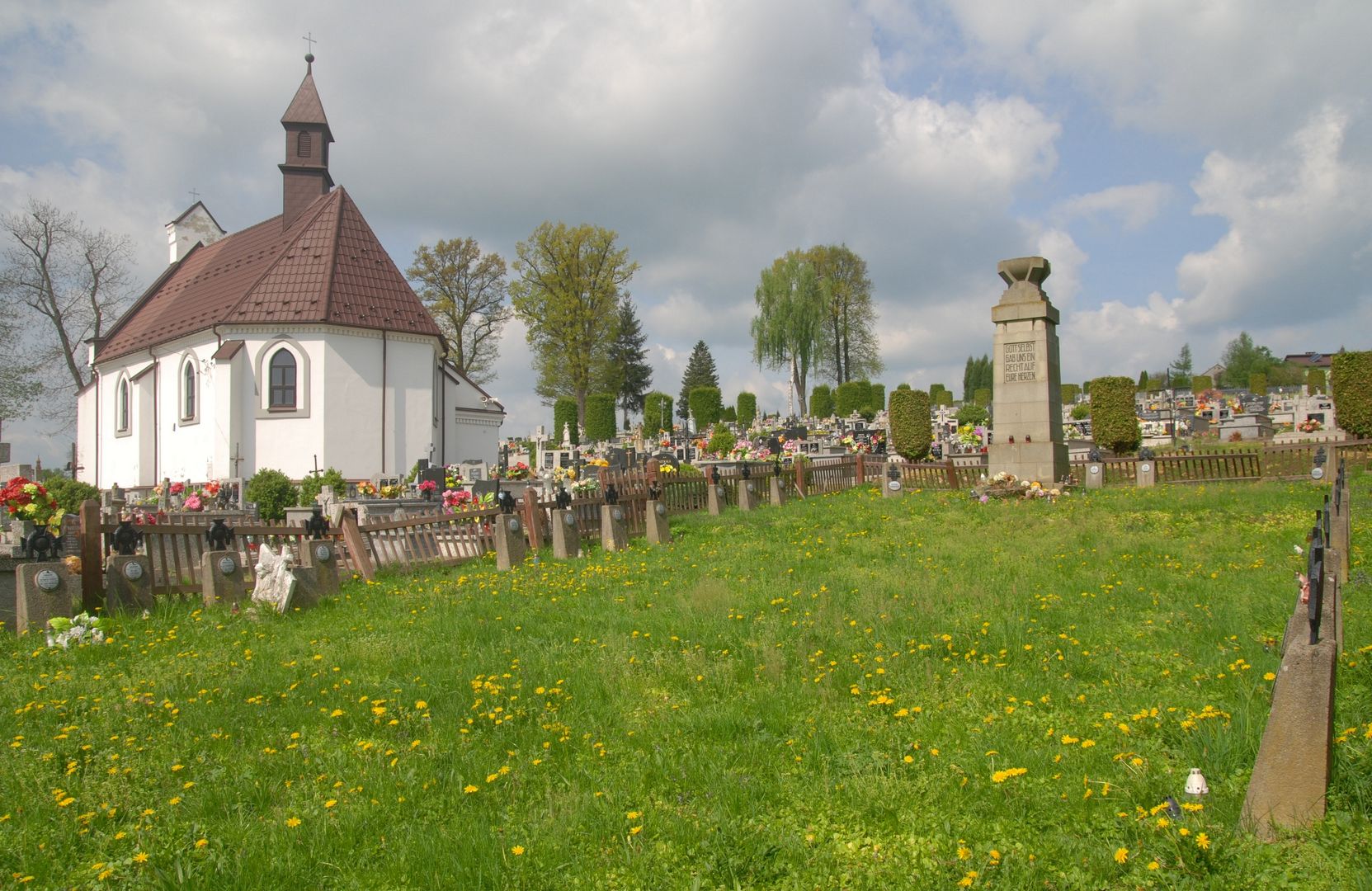Jodłowa
6.33

Overview
Jodłowa, a village located in the Podkarpackie Voivodeship, is a place with a rich history and significant cultural traditions. Granted town rights in 1733, Jodłowa was demoted to village status in 1933. The first historical mention of the settlement dates back to 1354, when King Casimir the Great granted the locational privilege to brothers Jędrzej and Mikołaj. Over the centuries, also known as German Jodłowa and Polish Jodłowa, it developed an agricultural character, despite a temporary urban phase. In the 18th century, it was a trade center, and today it is home to a valuable historical monument: the wooden Church of St. Stanislaus with Baroque interior decor, built between 1670 and 1679. Next to it stands a Classicist bell tower and a natural monument in the form of ancient linden trees. Jodłowa also hosted fairs, and in the 19th century, it had over 3,500 inhabitants. The village witnessed many historical events, participated in the January Uprising, and during World War II, the underground "Radio Bulletin" operated here. The village is known for aiding Jews during the Holocaust, and the Sambor family was honored with the title of Righteous Among the Nations. Today, Jodłowa hosts various institutions, including the Municipal Center of Culture and Reading, schools, and a social welfare center. Local culture thrives thanks to the activities of the folk band "Jodłowianie." Jodłowa promotes tourism by offering hiking trails, and the surrounding area features the picturesque hills of the Ciężkowickie Foothills, which are protected. The Wooden Architecture Trail is another highlight that attracts visitors. The entire village and its surroundings abound with interesting monuments, chapels, and historical sites, making Jodłowa an appealing destination for both history and architecture enthusiasts.
Location
2026 Wizytor | All Rights Reserved